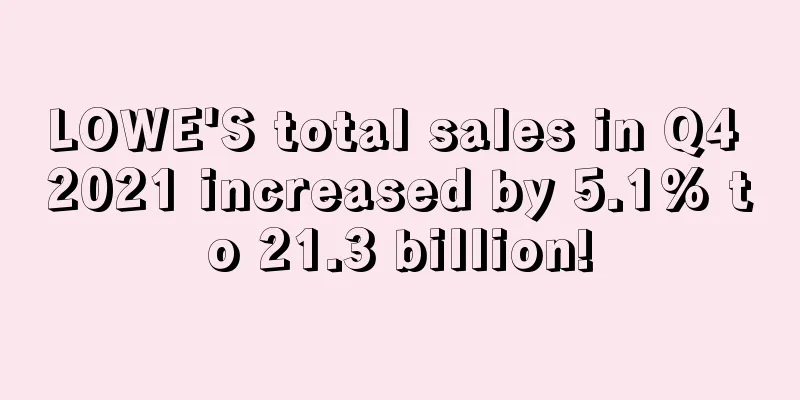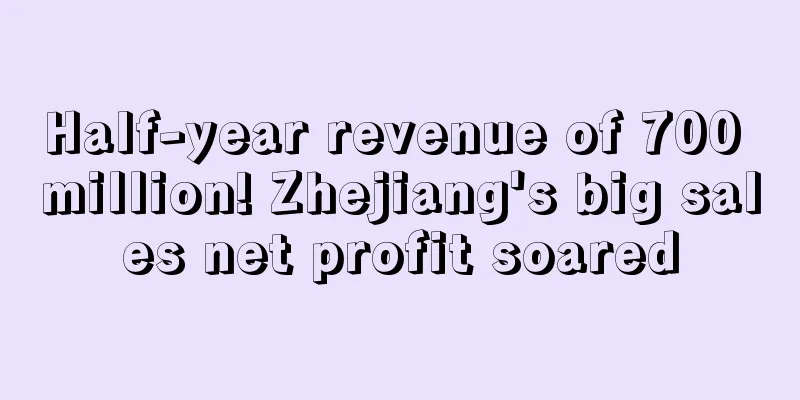Shopify is accused of harboring infringing sellers and may face a $500 million claim!

|
Recently, five publishers filed a joint lawsuit in a US court, accusing Shopify of failing to delete listings and stores that infringed on publishers' trademarks and copyrights, and demanding more than $500 million in damages.
It is understood that the plaintiff publishers are Macmillan Learning, Cengage Learning, Elsevier, McGraw Hill and Pearson Education. In the lawsuit, they claimed that Shopify assisted platform sellers in selling infringing e-books and profited from them. The publishers said that since 2017, they have provided Shopify with lists of infringing sellers, but Shopify did not prevent these sellers from using the platform, but continued to provide them with services such as store building, web hosting and payment processing.
Publishers believe that Shopify has been turning a blind eye to this large-scale infringement because it is popular among Shopify users and plays a role in attracting and retaining users who pay monthly subscription fees to Shopify. In addition, sellers who sell pirated products also pay transaction fees, including commissions on those infringing sales.
The publishers asked the court for up to $150,000 in damages for each infringed copyright and up to $2 million for each counterfeit trademark, and listed more than 3,400 copyrights that the platforms allegedly violated.
Shopify President Harley Finkelstein previously said that if the company found a storefront was infringing copyright or trademark, it would remove it. But publishers pointed out that anyone viewing the storefront, including Shopify, could see that they were dedicated to selling pirated textbooks.
In response, a Shopify representative said the company is working to eliminate copyright infringements and said it has multiple teams to handle potential acceptable use policy violations, including copyright and trademark infringements, and will not hesitate to take action against stores when violations are discovered. As of 2021, more than 90% of copyright and trademark reports are reviewed within 1 business day.
Not long ago, Wish was severely punished by France for lax product supervision and could not be searched on major search engines and mobile application stores. French authorities emphasized that when Wish is informed that dangerous goods are sold on the platform, these products will be removed within 24 hours. However, in most cases, these products are still available under different names, sometimes even from the same seller.
This is a wake-up call for everyone. If only a small number of sellers infringe copyright or sell inferior products, they will be the only ones affected. However, if multiple sellers do this, the platform will be at risk of collapse, and other innocent sellers will also be affected. Everyone should understand the principle that if the lips are cold, the teeth will perish. Compliance is the best policy. Shopify Infringement Claims |
>>: Amazon sellers turn to independent websites, and "niche" products break into the big market!
Recommend
What is Virtual Credit Card
A virtual credit card, also known as a virtual VIS...
Amazon sent out mass emails, and a large number of sellers are facing account verification!
In recent days, Amazon has sent account verificat...
The global smart home market will grow at a compound annual growth rate of 11.5%
Zion Market Research recently released a report s...
Heat wave sweeps across Europe, AliExpress July European market insights: Xiaomi energy-saving fans sold out twice
Recently, not only has the domestic temperature c...
What is Atome Financial? Atome Financial Review, Features
Atome Financial is a Singapore-based consumer ins...
What is RUSHBOX? RUSHBOX Review, Features
Shenzhen Lebaotongda Co., Ltd. (RUSHBOX) speciali...
It’s 2023 now. Should I start with Amazon or stand on my own website?
The number of online shoppers is rising every yea...
What is Tmall Global & Tmall Global Review
Tmall Global was officially launched by Alibaba G...
With the merger of the two giants, small and medium-sized sellers on Amazon may suffer a dimensionality reduction blow!
In the past few years, Amazon has grown rapidly d...
Amazon’s new policy is “ferocious” and will destroy sellers’ product lines!
Amazon issued a notice to remind sellers that the...
Industry insiders: India's TV prices may rise 3-4% in June
LED TV prices are expected to rise by 3% to 4% th...
After accusing several major "crimes", the 12-year veteran seller decided to quit Amazon!
It is the peak season for Amazon sales, and some ...
What is pscl? pscl Review, Features
pscl is a professional plastic strapping company s...
What is Rakuten & Rakuten Review
Rakuten, Inc. (English: Rakuten, Inc.; Japanese: ...
Pic Copilot, an AI tool for cross-border sellers, ranked second on the authoritative list, with the click-through rate of product images increasing by more than 7%.
Are you still only interested in ChatGPT? Cross-b...









